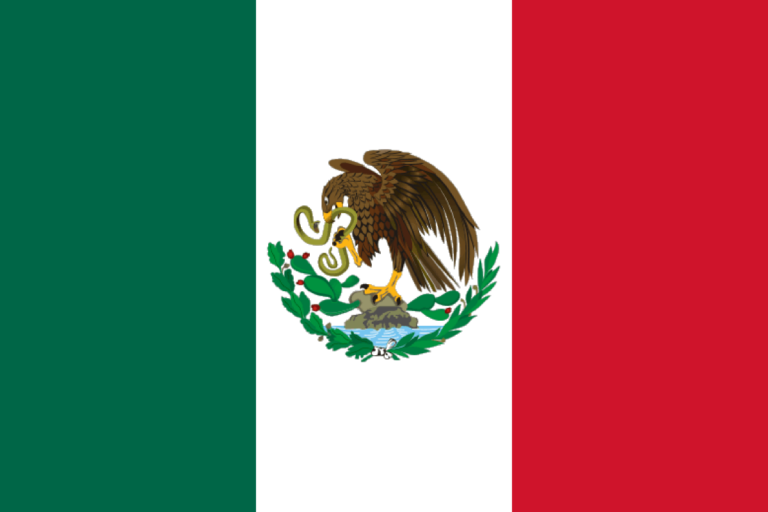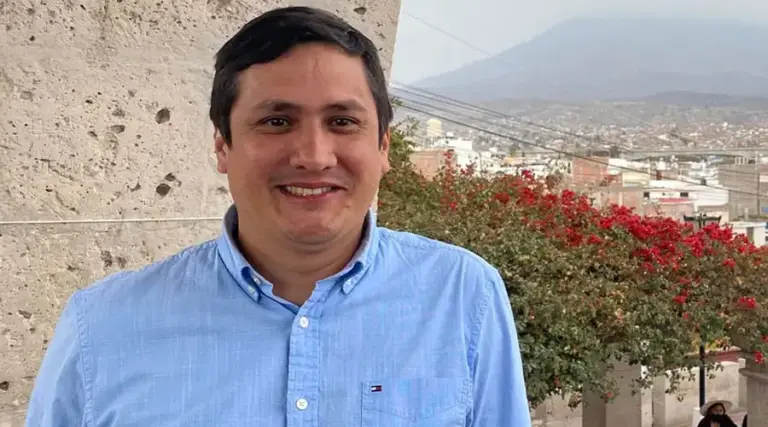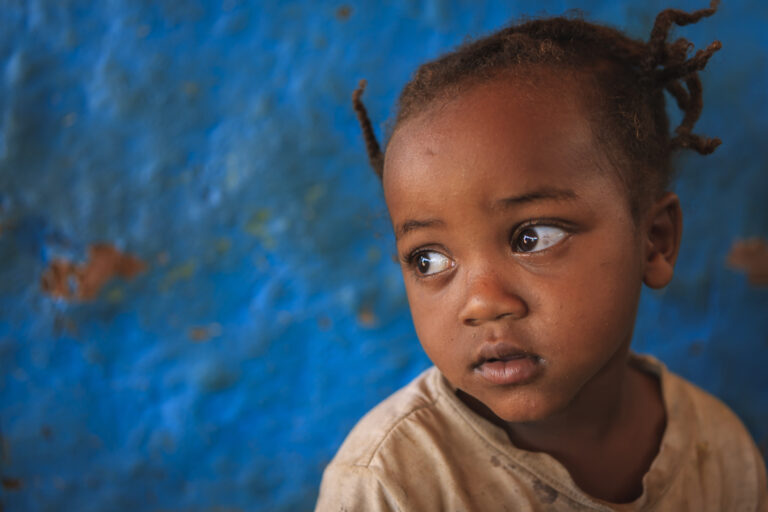The bombing of Serbia and the ensuing refugee crisis in Kosovo make up the first crisis to capture world attention since the approval of a controversial United Nations protocol entitled Reproductive Health in Refugee Situations. This crisis presents the first opportunity for the UN to create sympathy for what in its drafting stages was a highly contested protocol, and even now raises serious concerns among world-wide international aid and human rights organizations.
The publicity followed immediately upon the heels of the first United Nations Population Fund (UNFPA) shipment of its contribution to the aid effort in the Balkans: $130,000 worth of “emergency reproductive health kits” intended for use by field workers in the refugee camps. A press statement released the next day styled these kits as primarily geared towards saving the lives of women and babies endangered by harsh childbirth conditions and poor maternal nutrition. To oppose this program betrays an abysmal “insensitivity to the suffering of the women of Kosovo,” accused UNFPA director Nafis Sadik in a response to critics of the shipment.
Critics however continue to voice their concerns, which they feel were never satisfactorily addressed dining the drafting stages of the new protocol that underlies this program. At the heart of the concerns lies the fear that many of the procedures implied by the kit — such as IUD insertion, or handling of high-risk childbirth — cannot be safely undertaken in the unhygienic and primitive conditions which are the rule in a field situation. Complications that could arise because of these unsafe conditions include hemorrhage, infection, the spread of HIV and perforation of the uterus.
Further, veteran aid workers question the need for most of the services included in the reproductive health kits. Oral contraceptives, condoms, manual vacuum extraction devices used for early term abortions, and IUDs do not address the more fundamental issues of basic health, hygiene and nutrition. According to relief agencies, refugee women are malnourished, often not menstruating, and fertility rates are low. Post-rape pregnancy rates in refugee settings are also low, contrary to what the UNFPA claims in its description of the crisis it proposes to remedy. As one doctor interviewed by the London Observer (4-5-98) notes, “In l5 years’ experience in refugee camps, I have never known women to come to me and say they want an abortion.”
What refugees need most desperately — men, women and children alike — is as basic as food and water. These basic needs, however, stand in far greater threat of remaining “unmet” during this crisis than the contested need for reproductive health services. In a donor alert broadcast l April, the UNHCR budget for addressing the entire Balkan crisis allocated $12 per person for food. At the issue of the alert, the UNHCR had only raised 34% of the overall budget, potentially reducing the food-allocation to a mere $4.08 per person. The reproductive health kits sent by the UNFPA, however, cost $4.60 per woman.
Opponents of the UNFPA shipment argue that already scarce Hinds should be allocated to these basic needs, and that potentially dangerous medical procedures should be referred to district hospitals as they have been in the past. To do otherwise, reflects women’s-rights advocate Betsy Hartmann in the London Observer ; confuses women’s health issues with a thinly-veiled agenda of population control.
Such reflection receives ample confirmation from the background documents used during the discussion that preceded the finalized guidelines on reproductive health in refugee situations released earlier this year. One such document relates an incident that occurred in the former Yugoslavian Republic. The local population expressed its feelings towards early attempts to introduce reproductive health services by bombing a women’s clinic providing contraception and abortion, a program which they interpreted as yet another form of ethnic cleansing.1 A preparatory meeting early in the protocol drafting process explicitly recognized that refugee women “desire to replace lost children”. despite the fact that the baby was conceived during rape or that the pregnancy poses a high risk,” and that the “need” for abortion or family planning services could not necessarily be established in reference to the refugee populations themselves.2
If the “need” for family planning services cannot be established either in reference to the desires of the refugee population themselves, or in reference to basic medical or nutritional necessities, then the veil separating family planning from population control grows very thin indeed. The condoms, birth control, and abortion services among the “humanitarian aid” now offered to the fleeing victims of the Kosovo genocide only echo the horrors of the ethnic cleansing that drove them from their homes and separated them from their families. The suffering of these victims deserves a more sensitive response.










